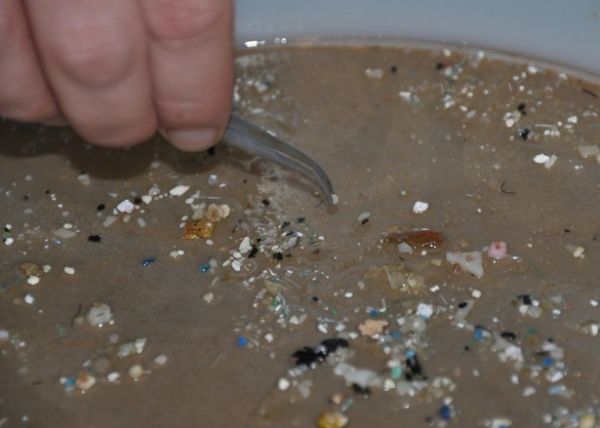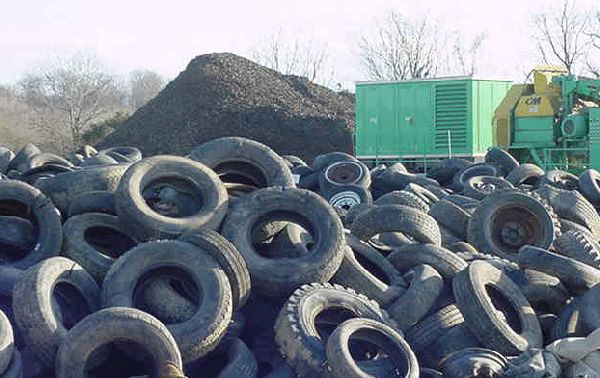Plastic is one of the biggest pollutants on the planet. It is not only toxic, but also takes several thousand years to become a part of the planet. It is non biodegradable and one of the biggest problems associated with it, is its widespread usage that makes its use rather hazardous. Plastic waste on beaches and in rivers eventually finds its way into oceans where it becomes a threat to the life of marine animals. Oceanographer Giora Proskurowski conducted a research on the waters of the Pacific Ocean and found that the it was plagued with small pieces of plastic debris that was transported by wind and were settling at a depth of 16 feet.

The trash of plastic in the oceans is a matter of great concern as it has a harmful impact on the environment. If the fish consumes this plastic, it may affect their liver functions. In addition to this, these plastic particles make a good home for bacteria and algae, which travel along with the particles in all directions of the ocean, where they become persistent and then cause many problems.
Proskurowski, through his research discovered that wind pushes these light plastic particles below the surface, which clearly indicated that just by taking water samples from the surface, the true amount of plastic debris in the oceans cannot be estimated. Hence, he with his team collected samples from the surface and from deep within, and finally combined the gathered data with the wind measurements. By doing so they developed an easy mathematical model that could be used to match the weather data, with the previous surface sample to more accurately estimate the amount of plastic in the oceans.
The team of researchers also plans to publish a ‘recipe’ that will further simplify the model so that all the other scientists or researchers, who are exploring ocean plastics, can easily use this model. This will also help to encourage some constancy among the different studies.
Via: Washington




